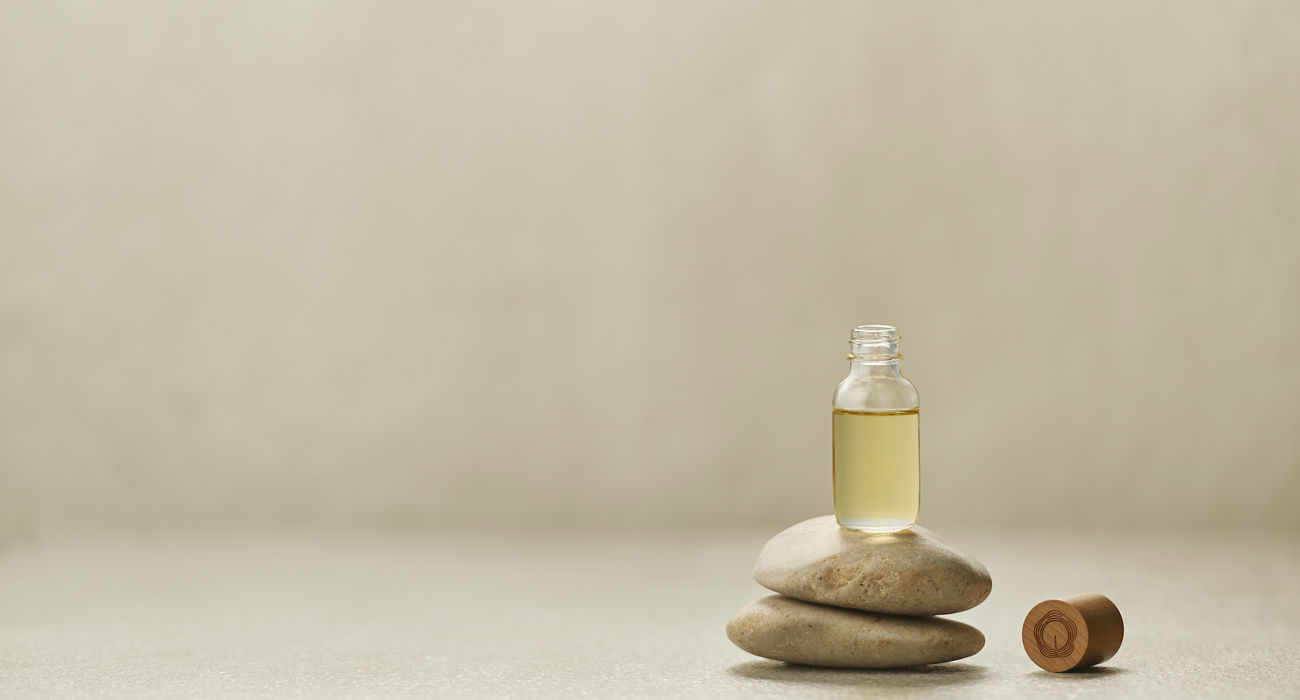Written by Deniz Ataman,
Independent Journalist
In the early 21st century, Indian sandalwood experienced a critical supply shortage due to overharvesting and poaching. As a result, synthetic sandalwood and Australian sandalwood substitutes comprised most fragrances on the market. The nearly extinct Indian sandalwood (Santalum album) is irreplicable as a fragrance base, offering a long-lasting effect that complements most if not all aromatic ingredients.
Through Quintis’ ethical and sustainable harvest initiatives, natural Indian sandalwood returns to the perfumer’s palette, offering its creamy, woody notes to modern perfumery. In partnership with the American Society of Perfumers, perfumers from all over the world of any level of expertise have the opportunity to retell sandalwood for the World Perfumery Congress 2022’s competition.
The competition’s theme, Reimagining Sandalwood, is an opportunity for perfumers to tap into the botanical history through their own interpretation of a sandalwood perfume. It’s also a chance for creativity and artistry to shine without traditional parameters of commercial perfumery like consumer profiles and budgets.
The competition’s theme, Reimagining Sandalwood, is an opportunity for perfumers to tap into the botanical history through their own interpretation of a sandalwood perfume. It’s also a chance for creativity and artistry to shine without traditional parameters of commercial perfumery such as consumer profiles and budgets.
Creating an olfactory story
Perfumers like Claire Yerant, from Procter & Gamble, who is participating in the competition from the USA, finds Indian sandalwood an inspiring material that gives tension towards a complex olfactive story. “I'm super into animals, so for this competition with Quintis, I was reading about native animals. I thought it would be really cool to imagine what a honey possum would see and eat. Right now, I'm working with using plum and mimosa – it almost has that gourmand element, which goes really well with the luxuriousness of sandalwood.
Sandalwood is such a complex material because it's a wood, but it's also creamy and almost milky. It's got the spice aspect, it's got the crunch, and it works well for either gender. Although I think now the gender lines in fragrances are tending to blur more, which mirrors what we're seeing in overall society”.
Indian sandalwood’s complex scent it both calming yet sensual, milky yet woody and robust. It is the essential ingredient perfumers use to express an array of emotions. “I have always used my creations as a way to express myself, my experiences. There is a part of me in each of them, whatever the application. If you put them together, they are like a diary of my life.
People will always be surprised by how vividly a perfume can bring back memories. I know the industry talks about it a lot. But I think that unless a person has lived this moment where you smell a fragrance and are transported back in time, they can’t comprehend what it actually means, how physical this memory can be” explains Celia Cirimbilli from GRC Parfum, in Italy.
Bridging distance, sparking nostalgia
The science and artistry behind perfumery are driven by technique, craftsmanship and an unparalleled understanding of olfactive nuances in each ingredient. It’s doubly challenged by e-commerce where smell is presented on a digital screen. Yet through these constraints, creativity can thrive with possibilities in the virtual reality medium. Una Chen, a junior perfumer from Singapore, explains, “Now because of the pandemic people cannot go abroad shopping or travelling, the e-commerce of buying perfumes online is increasing. I saw in the news about Bulgari using VR experiences for their campaign. You wear the VR device [to immerse yourself in the fragrance]. I think it’s a super nice idea so you can experience it without going to the shops.”
Consumers are still looking for provenance in their products – the desire to connect with indigenous lands, cultures and stories are an opportunity for perfumers. When you wear a scent, you’re not only fulfilling your unique style, but honoring underlying cultural and historical connections. Fragrance can bridge the gap in distance and time by evoking our memory and emotions with each sniff.
As the last year has proven that our need for connection with one another is a primal one, fragrance saw a major growth. In 2021, fragrance sales grew 45% in the first quarter where nearly one-third of consumers purchased fragrance to boost mood and evoke pleasant memories. Nostalgia became a source of inspiration for niche brands, and perfumery was high on that list. When we were isolated from one another, scent was a way for us to establish a sanctuary in our homes or return to a happy memory from a dab of perfume. Adeline Monediere, a perfumer fragrance designer at LVMH in France and competition entrant, explains “I can’t remember people’s faces, I’m really bad for that. Years ago I never recognised my neighbour! But I always remember the smell of people and places”.
When we were isolated from one another, scent was a way for us to establish a sanctuary in our homes or return to a happy memory from a dab of perfume. Adeline Monediere, a perfumer at LVMH in France and competition entrant, explains.
Honouring sustainability
As a sustainably produced oil, the competition will also challenge contestants to use ethical, ecological and safe ingredients. It’s also timely as the “clean” movement is continually driven by these values. Climate mitigation remains at the forefront of our minds and changing the way we look at our footprint. The fragrance industry is driven by technological innovation with natural preservation. The preservation and protection of rare ingredients like Indian sandalwood is a testament to the importance of sustainability to our industry.
We look forward to experiencing each of the submissions from all over the world. It’s an exciting time for fragrance as we collectively consider the environment and the evolving role of scent in our daily lives.
